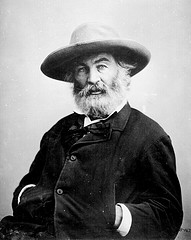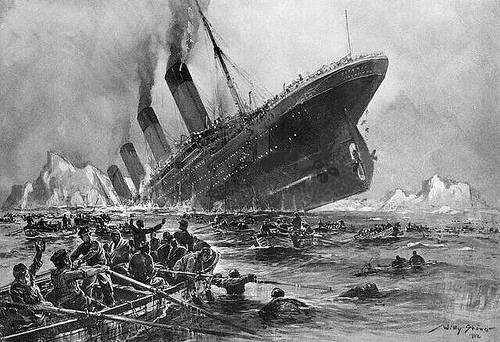No one knows who compiled the index for George Mivart’s 1889 book The Origin of Human Reason, but apparently he had strong opinions. On page 136 Mivart describes a certain cockatoo that seemed to reply articulately to questions. The indexer made these entries:
Absurd tale about a Cockatoo, 136
Anecdote, absurd one, about a Cockatoo, 136
Bathos and a Cockatoo, 136
Cockatoo, absurd tale concerning one, 136
Discourse held with a Cockatoo, 136
Incredibly absurd tale of a Cockatoo, 136
Invalid Cockatoo, absurd tale about, 136
Mr. —– and tale about a Cockatoo, 136
Preposterous tale about a Cockatoo, 136
Questions answered by a Cockatoo, 136
R—–, Mr. and tale about a Cockatoo, 136
Rational Cockatoo as asserted, 136
Tale about a rational Cockatoo, as asserted, 136
Very absurd tale about a Cockatoo, 136
Wonderfully foolish tale about a Cockatoo, 136
The same index contains entries for “Opening of oysters by monkeys” and “Dough, parrot up to its knees in.” Perhaps the man was just very thorough.





